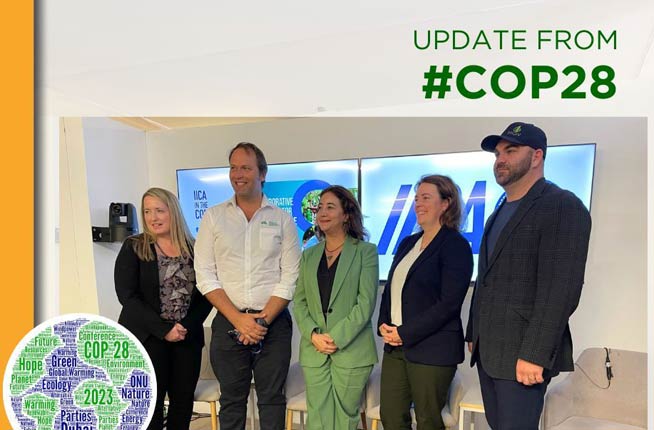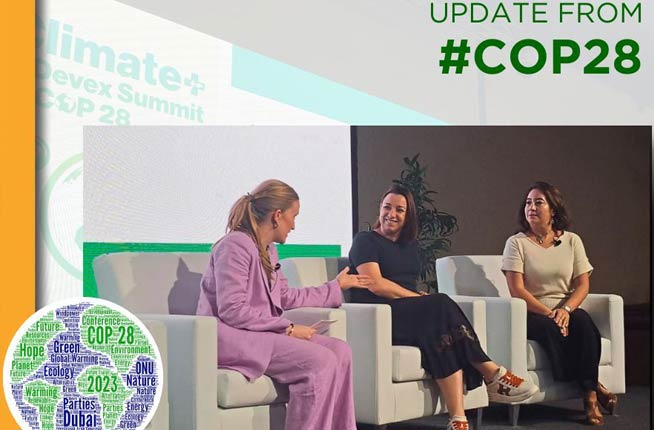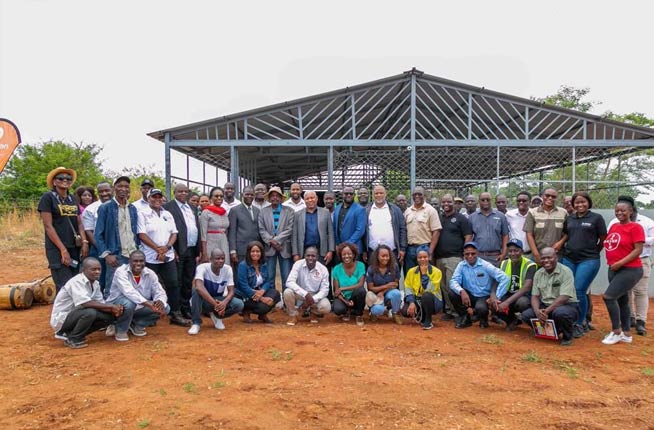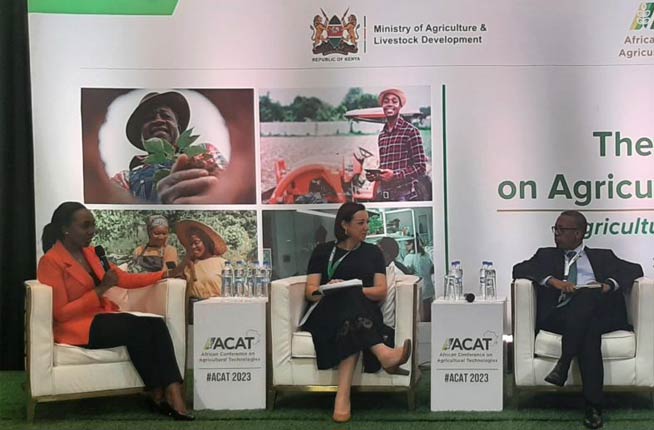On Friday, 10 December, Dr Samira Amellal, CEO at CropLife Africa Middle East, took part in a thought-provoking discussion on the topic of “Working together to promote climate resilience on farm”, a side event of COP28 in Dubai, together with panellists Sophie Beecher, Director General, Sustainable Development Policy Directorate, Agriculture and Agri-Food Canada/ Agriculture et Agroalimentaire Canada, Kristjan Hebert, Global Farmer Network, President and CEO, HEBERT GROUP, & David ‘DJ’ Jochinke, President, Australian National Farmers’ Federation
Please see below key takeaway messages:
Via the Sustainable Pesticide Management CropLife Africa Middle East actively engages in discussions with local regulators and policymakers to ensure enabling legislative frameworks are in place. The SPMF illustrates well how enabling legislative frameworks, a localised approach and public-private partnerships are key ingredients to a successful program. As part of the ‘increase innovation pillar,’ the SPMF has already demonstrated changes, notably with the introduction of innovations via the acceleration of registration processes for biological solutions, cooperation with national research institutes on gene-editing research, development of guidelines for the use of drones in agriculture, training and e-learning modules for farmers on Integrated Pest Management, etc.






